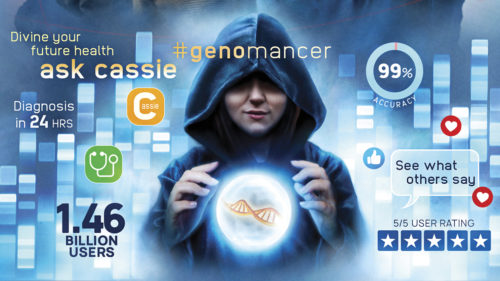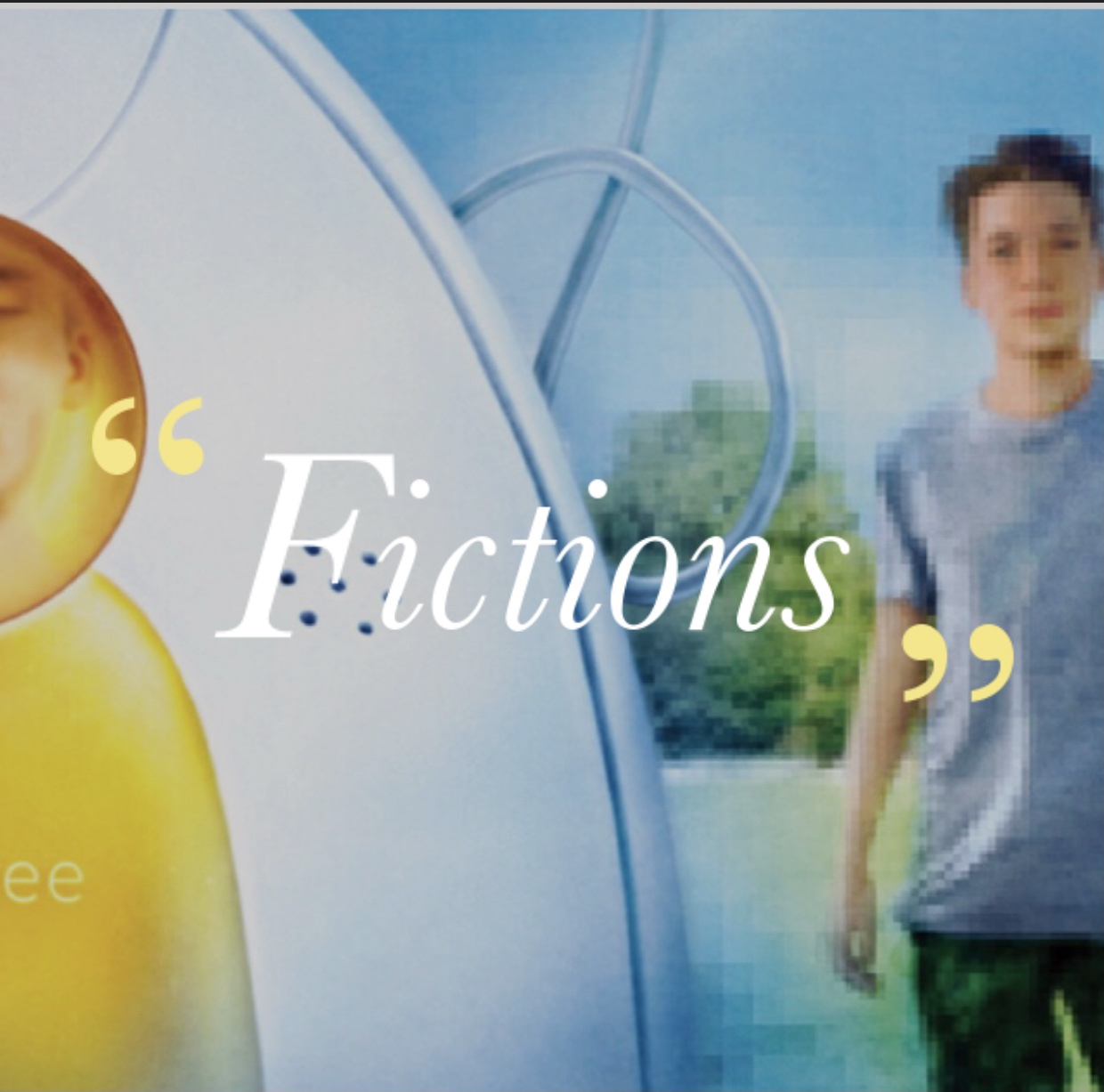latest
Fictions series is sparking debate about future care scenarios
Stories highlight ethical issues around technology and healthcare
"(Are care pods) an ethical way to deal with people? My first reaction is that of course not, but in writing this story I wanted to challenge my assumptions”. Keith Brooke, Fictions series editor and author of CareFree

The Future Care Capital Fictions series is all about taking innovations in health and social care technology and then imagining “what if….?”
The four authors each extrapolate a scenario at a point in the future, taking the idea as far as they can.
This process has not been easy during the pandemic. “It’s hard to write about how things are going to be in five or 10 years time when you don’t know how they’ll be in five months,” says Keith Brooke, the series editor.
Part of his job was to ensure there was a mix – and not 12 stories about a pandemic. In fact the subject matter has been diverse, ranging from gestating children in ‘baby-bags’ to virtual reality at a ‘living funeral’.
“When we began talking about the Fictions project there were just a few rumours about something strange happening in China.
“By the time we began publishing the stories, we were three months into lockdown and a full-on pandemic. What a time it’s been to be writing about health and social care!”
The original brief was to recruit writers to put flesh on the bones of some of the ideas Future Care Capital has been discussing. The aim was to find a new way to spark debate and encourage people to think about how life might look in the near future.
Keith, who has been involved in writing science fiction for 30 years, has penned three of the 12 tales. The first, Life’s Lottery, is about a health service that uses surveillance technology to decide if people should have treatment based on how healthy their life choices are.
Then came Vigorish, about gambling technology and addiction. And the latest, Carefree, is about Billy, a young disabled man who is moved into a kind of life-support pod with added virtual reality.
A different way of caring
“CareFree started with the idea of ‘caring’ for people by isolating them in a VR pod. The job of the science-fiction writer is to take that initial idea and push it to its limits, however horrific.
“So the idea that these pods might end up piled high in a warehouse for convenient storage makes perfect sense – although Billy, at least, is still at home with his mother.
“Is it an ethical way to deal with people? My first reaction is that of course it’s not, but in writing this story I wanted to challenge my own, and everyone else’s, assumptions”.
In the story the narrator begins by being shocked at finding his nephew in the care pod. But then it begins to dawn on him that the young man is, in some ways, getting more from life than he was with his old conventional care package. He’s certainly living a less limited existence than his mother, and possibly even his uncle.
Fictions have been published one a month and there are two more to go.
Real-world context
After each story appears, Peter Bloomfield, Future Care Capital head of policy and research, highlights the ideas from each story and sets them in the context of the latest real-world research.
“It’s been a fascinating project to be involved with and we’ve been delighted with the reaction,” says Keith.“The authors and the FCC team started off with a good old-fashioned bulletin board to brainstorm ideas.
“We divided them up between the authors to work on. Then the project took shape from there.
“It’s been great to work with the illustrator Vincent Chong who has really brought the project to life". Keith Brooke

“We worked on batches of three stories and tried to make them as topical and relevant as possible. It was a tight timescale as we all had other projects to juggle, but the deadlines certainly helped focus minds.”
The stories are diverse and cover both health and social care. An event to draw together some of the themes that have emerged is planned for this summer.
With two more in the Fictions series to come, here are the stories so far…
Goodbye by Stephen Palmer about Virtual Reality in end of life care
All I Asked For by Anne Charnock about artificial wombs (shortlisted in the British Science Fiction Association’s Short Story of the Year Award)
Life’s Lottery by Keith Brooke explores health surveillance and personalised medicine
Infectious by Liz Williams looks at disease tourism
Vigorish by Keith Brooke – gambling technology, addiction and mental health
Genomancer by Stephen Palmer – genetics, research, genomics and gene-tech
When I Visit the Palace by Liz Williams – residential care and wearable technology
George by Stephen Palmer – about an AI ‘virtual patient’
Don’t Push the Blame on Me by Anne Charnock – the follow-up to All I Asked For – looking at the longer term ramifications for the family
CareFree by Keith Brooke – the latest in the series.
